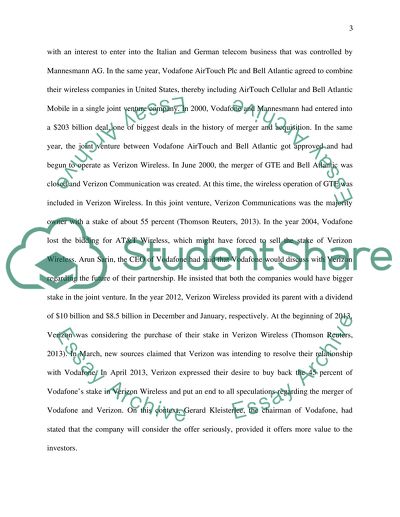Cite this document
(“Vodafones Sale Of Ownership Of Joint Venture To Verizon Essay”, n.d.)
Vodafones Sale Of Ownership Of Joint Venture To Verizon Essay. Retrieved from https://studentshare.org/finance-accounting/1493166-vodafones-sale-of-ownership-of-joint-venture-to-verizon
Vodafones Sale Of Ownership Of Joint Venture To Verizon Essay. Retrieved from https://studentshare.org/finance-accounting/1493166-vodafones-sale-of-ownership-of-joint-venture-to-verizon
(Vodafones Sale Of Ownership Of Joint Venture To Verizon Essay)
Vodafones Sale Of Ownership Of Joint Venture To Verizon Essay. https://studentshare.org/finance-accounting/1493166-vodafones-sale-of-ownership-of-joint-venture-to-verizon.
Vodafones Sale Of Ownership Of Joint Venture To Verizon Essay. https://studentshare.org/finance-accounting/1493166-vodafones-sale-of-ownership-of-joint-venture-to-verizon.
“Vodafones Sale Of Ownership Of Joint Venture To Verizon Essay”, n.d. https://studentshare.org/finance-accounting/1493166-vodafones-sale-of-ownership-of-joint-venture-to-verizon.


